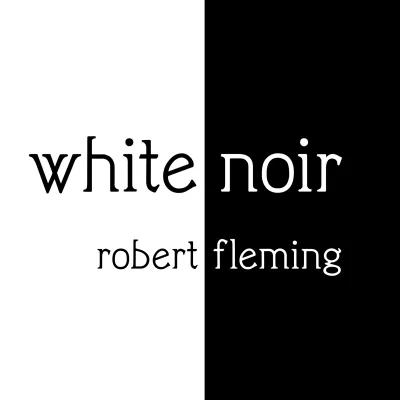By Robert Fleming
On Valentine’s Day, write a sonnet. A sonnet is for love. In the 13th-century, the sonnet was invented by Giacomo da Lentini, a member of the Italian Court of the Holy Roman Emperor Frederick II in Palermo, Sicily.

William Shakespeare popularized the sonnet. William lived 1564–1616 in Stratford-upon-Avon, Warwickshire, England.

The original sonnet is a fourteen-line poem in iambic pentameter with endline rhyme with the sequence: ABAB CDCD EFEF GG. The last two lines, GG, are a change, called a Volta. I still confuse iambic pentameter with the Olympic Pentameter event where a shepherd guides lambs over hurdles.
Perhaps, William’s most famous sonnet is #18: Shall I compare thee to a summer’s day?
Shall I compare thee to a summer’s day?
Thou art more lovely and more temperate:
Rough winds do shake the darling buds of May,
And summer’s lease hath all too short a date;
Sometime too hot the eye of heaven shines,
And often is his gold complexion dimm’d;
And every fair from fair sometime declines,
By chance or nature’s changing course untrimm’d;
But thy eternal summer shall not fade,
Nor lose possession of that fair thou ow’st;
Nor shall death brag thou wander’st in his shade,
When in eternal lines to time thou grow’st:
So long as men can breathe or eyes can see,
So long lives this, and this gives life to thee.
Where is William’s poetry title? Don’t poems have to have a title? Some poets don’t give titles and when published the publisher makes the first line the title.
As a poet for fifty years, I have written many sonnets and teach a two-hour workshop on how to write a sonnet. I am proud, at the end of my workshop, many participants write a first draft and complain they are exhausted. Beware of the sonnet sweat.

My writing which responds to William’s sonnet #18:
William does this frock make me look fat?
Why should I compare you?
Shall my rating do good?
Will it make me want
you more than what I had,
nor worse than what I can’t get?
Your score will be my score.
Shall there come a day when you won’t ask?
Oh no, no, not that frock, take it off!
Robert, your poem does have a title, but only nine lines. It is not a sonnet. As a tribute to Cole Porter, who composed Anything Goes in 1934, the less taxing American sonnet was invented which is a fourteen-line poem that does not demand iambic pentameter nor endline rhymes. If the American sonnet’s fourteen lines is still too sweaty for you, write a monostich-1 line poem: I Love You.
The author, Robert Fleming is a founding/contributing editor of Old Scratch Press (OSP). To read more of Robert’s work:

- buy his visual poetry book White Noir, published by OSP, which is an Amazon bestseller white noir: Fleming, Robert: 9781957224183: Amazon.com: Books . https://www.amazon.com/dp/1957224185
- read his craft article: hybrid poetry published by Bewilderness Writing Hybrid+Poetry+by+Robert+Fleming+2023+11+2.pdf (squarespace.com) https://oldscratchpress.com/wp-content/uploads/2024/02/38cf2-hybridpoetrybyrobertfleming2023112.pdf


